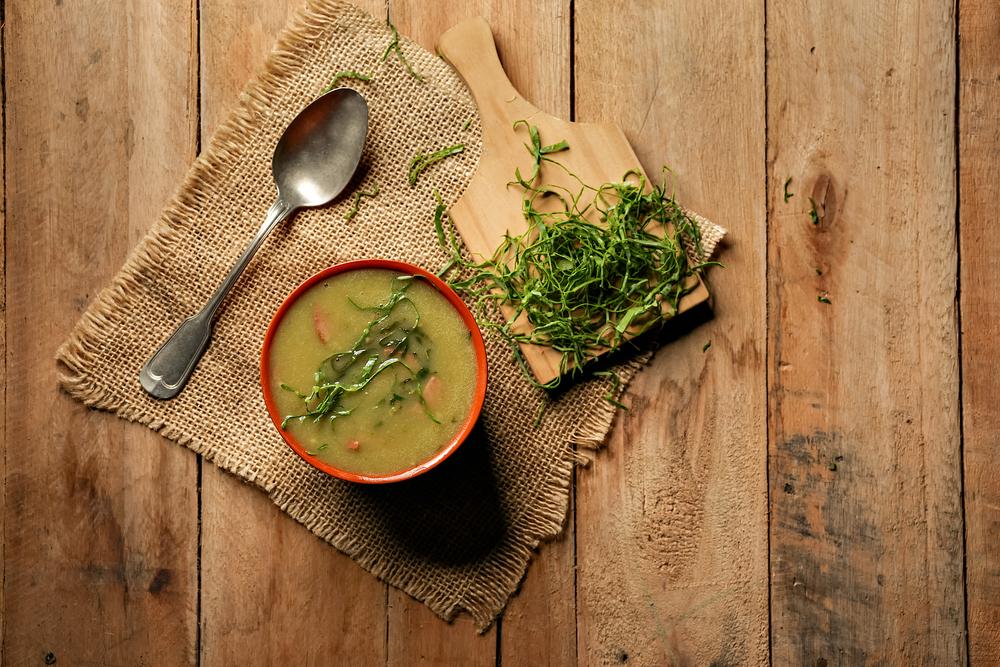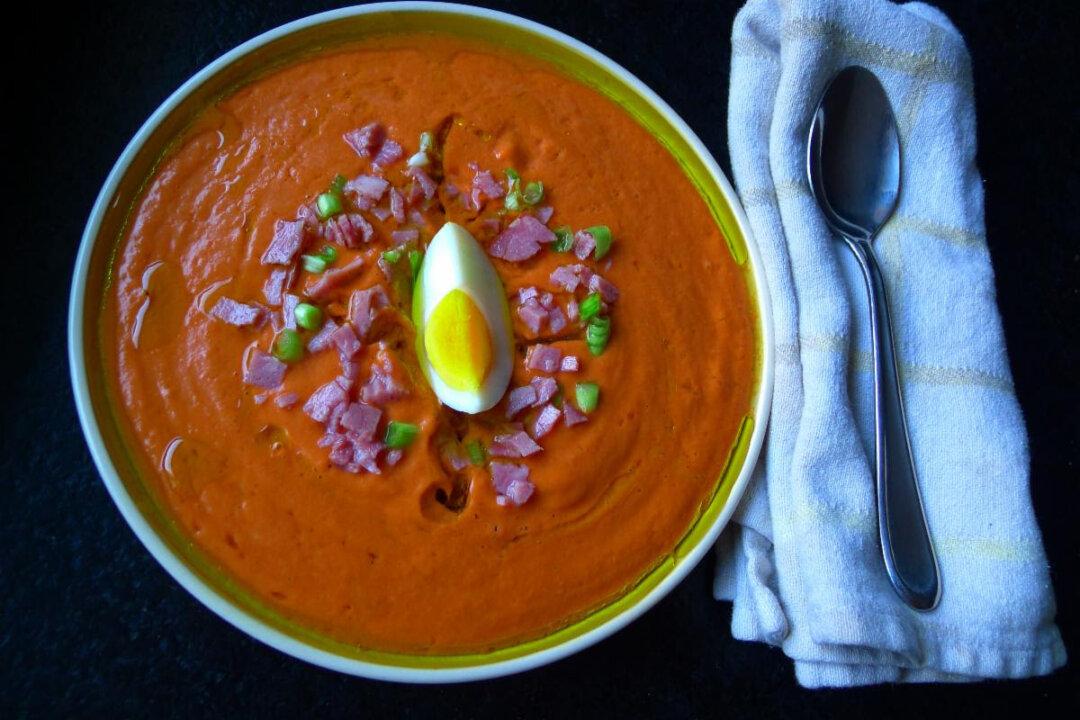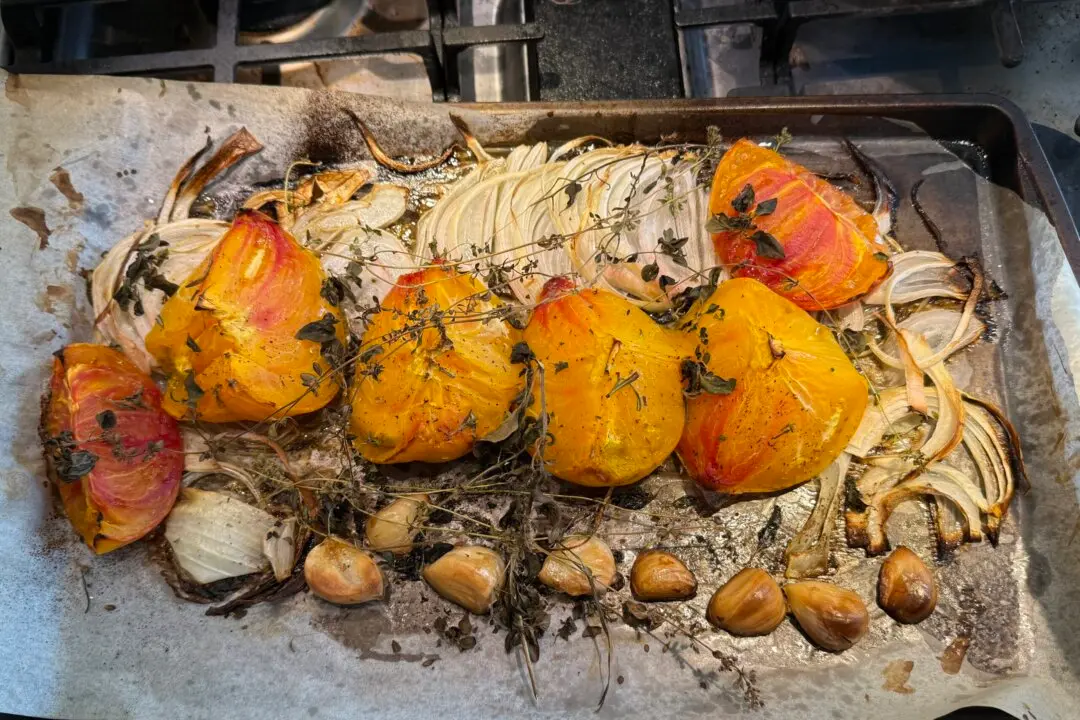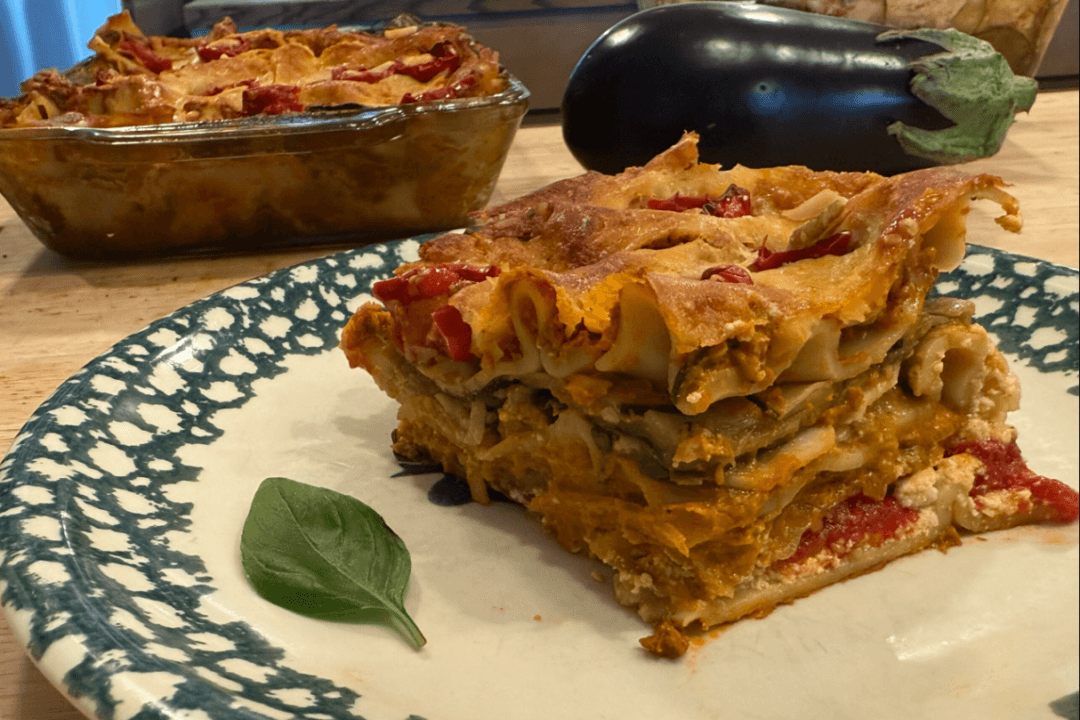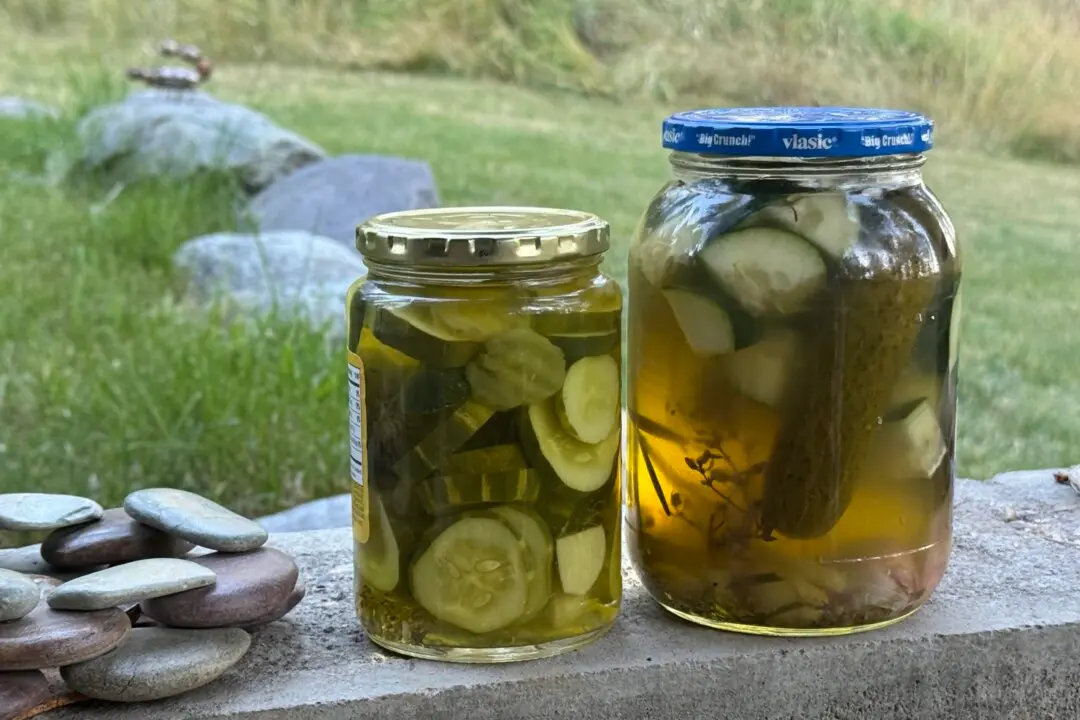I recently visited Fall River, Massachusetts, a sleepy fishing town on the Rhode Island border whose long-established Portuguese community has made it the capital of Portuguese seafood in North America. There, amidst the wine-sauced littleneck clams, grilled cod, scallops moçambique, and Portuguese paella, I found a bowl of kale potato soup that almost stole the show.
It looked simple on that white tablecloth, and it is. All I could see were shards of green floating in a thick, milky broth, but I soon discovered linguica, a type of cured Portuguese sausage similar to chorizo, lurking beneath the surface. This humble bowl of soup was the opposite of fireworks, but in a good way. It was like a symphony at a very low volume.

